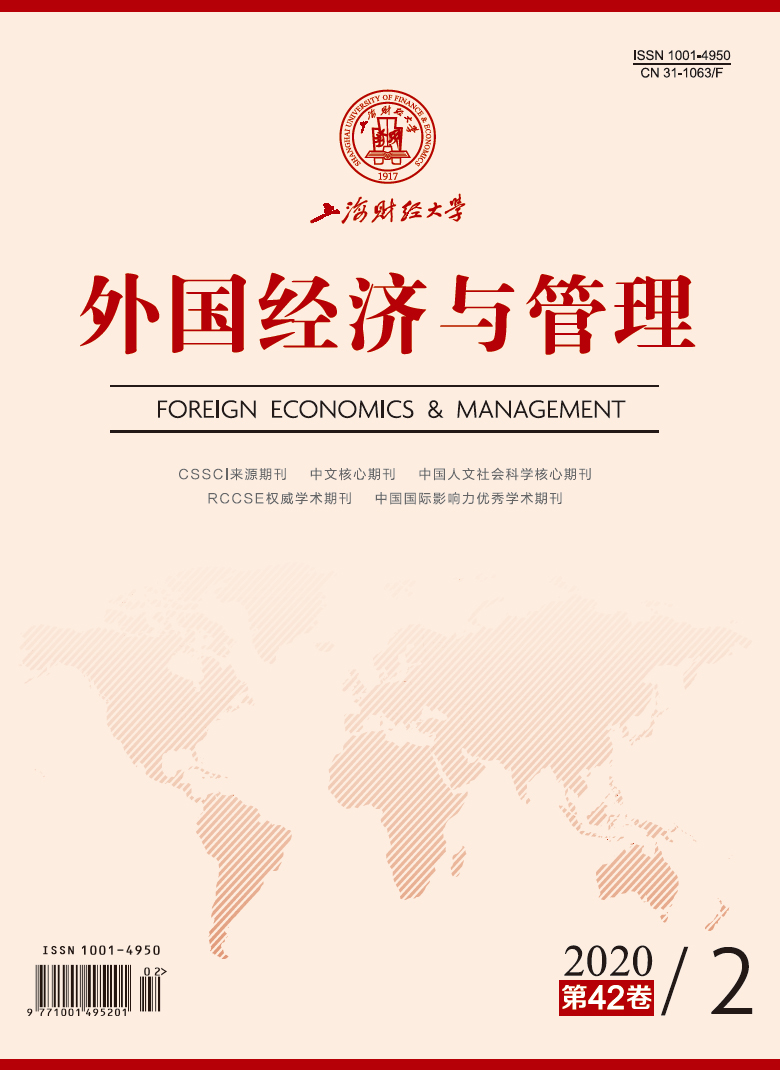On the basis of the optimal sequence financing theory and the agency theory, this paper examines how external investors react to the promotion incentive behavior of SOE executives from the perspective of excess cash holdings. This study finds that the association between political promotion and the value of excess cash holdings is negative. The finding shows that when there is a promotion incentive for executives, external investors give discount to the value of excess cash holdings and the value of excess cash holdings significantly reduce, suggesting that excess cash holdings reflect the “agency view” of promoted executives, and the excess cash reflects the opportunistic motivation of executives, which means that executives are more likely to grab personal interests through cash. The corporate governance mechanism can alleviate the agency problem between managers and shareholders, and improve firm value. We use product market competition and investor protection to measure the corporate governance, and find that product market competition and investor protection are important corporate governance mechanisms. Strong product market competition and investor protection can effectively reduce the excess cash holdings of promoted executives, and alleviate the discount of outside investors to the value of excess cash holdings. Furthermore, we examine how the excess cash held by promoted executives is used to satisfy private benefits. The assessment and promotion mechanism of SOE executives is still “scale oriented”, and the larger the company is, the more resources executives can use for private benefits. We predict and find that SOE executives have strong motivations to extend the scale of firms and are more likely to use the excess cash to do inefficient investments rather than pay cash dividends to shareholders, and the SOEs whose executives have the chance to promote to higher positions are more likely to engage in low quality M&As, but these activities damage shareholders’ wealth, and external investors are more likely to give negative reactions. All of these findings show that the cash holding behavior of political promotion companies reflects its agency problem, which supports the free cash flow hypothesis. The association between political promotion and the value of excess cash holdings is still established when we use Propensity Score Matching, instrumental variables and other robustness test methods. Overall, political promotion executives use firms’ resources to pursue private benefits, and exacerbate agency conflicts between shareholders and managers. The findings can help us to enhance the understanding of incentive effects of political promotion, and have an important policy suggestion for the SOE reform and job market building.
 / Journals / Foreign Economics & Management
/ Journals / Foreign Economics & ManagementForeign Economics & Management
JIN Yuying, Editor-in-Chief
ZhengChunrong, Vice Executive Editor-in-Chief
YinHuifang HeXiaogang LiuJianguo, Vice Editor-in-Chief
The Effect of Promotion on the Value of Excess Cash Holdings: Evidence from SOEs in China
Foreign Economics & Management Vol. 42, Issue 02, pp. 97 - 110 (2020) DOI:10.16538/j.cnki.fem.20191225.002
Summary
References
Summary
[1] Chen Shihua, Lu Changchong, Jiang Guangsheng, Wang Yaru.The influence of the political promotion of senior executives on the M&A behavior in SOEs -- an empirical study based on the theory of growth pressure of enterprises[J]. Management World, 2015,(9): 125-136.
[2] Chen Xinyuan, Chen Donghua, Wan Hualin, Liang Shangkun.Regional disparities, pay controls and executive corruption[J]. Management World, 2009,(11): 130-143.
[3] Fan Gang, Wang Xiaolu, Ma Guangrong.Contribution of Marketization to China’s Economic Growth[J]. Economic Research Journal,2011,(9):4-16.
[4] Jiang Peng, Wang Wenzhong, Lei Guangyong.Political shocks, uncertainty and corporate cash holdings[J]. Nankai Business Review, 2015,18(4):130-138.
[5] Li Weian, Qiu Aichao, Niu Jianbo, Xu Yekun. New developments in corporate governance research: international trends and Chinese model[J].Nankai Business Review,2010,13(6):13-24.
[6] Lin Yifu, Liu Mingxing, Zhang Qi.Policy burdens and corporate soft budget constraints: an empirical study from China[J]. Management World, 2004,(8):81-89.
[7] Liu Meng, Ye Chengang, Wu Jianfeng.CEO change, social trust and auditor perception[J].Journal of Shanxi University of Finance and Economics, 2017,(07):98-109.
[8] Liu Qingsong, Xiao Xing.Failure is also performance, success is also performance? -- empirical study on senior management change of state-owned enterprises[J]. Management World, 2015,(3):151-163.
[9] Luo Qi, Tai Guolou.Investor protection and corporate cash holdings[J]. 2009,(10):162-178.
[10] Xin Qingquan, Tan Weiqiang.Market-oriented reform, enterprise performance and manager compensation in state-owned enterprises[J]. 2009,(11):68-81.
[11] Yang Ruilong, Wang Yuan, Nie Huihua.The promotion mechanism of "quasi-officials" : evidence from China's central enterprises2013,(3):23-33.
[12] Yang Xingquan, Zhang Zhaonan, Wu Haojin. Governance Environment, Excessive Cash Holding and Excessive Investment: An Analysis Based on Panel Data of Listed Companies in China [J]. Nankai Management Review, 2010, (5): 61-69.
[13] Dittmar A, Mahrt-Smith J. Corporate governance and the value of cash holdings[J]. Journal of Financial Economics, 2007, 83(3): 599-634.
[14] Frésard L, Salva C. The value of excess cash and corporate governance: evidence from US Cross-listings[J]. Journal of Financial Economics, 2010, 98(2): 359-384.
[15] Gleason K C, Greiner A J, Kannan Y H. Auditor pricing of excess cash holdings[J]. Journal of Accounting, Auditing & Finance, 2017, 32(3): 423-443.
[16] Li H B, Zhou L A. Political turnover and economic performance: The incentive role of personnel control in China[J]. Journal of Public Economics, 2005, 89(9-10): 1743-1762.
[17] Richardson S. Over-investment of free cash flow[J]. Review of Accounting Studies, 2006, 11(2-3): 159-189.
Cite this article
Liu Meng, Zhang Chenyu, Ye Chengang, et al. The Effect of Promotion on the Value of Excess Cash Holdings: Evidence from SOEs in China[J]. Foreign Economics & Management, 2020, 42(2): 97-110.
Export Citations as:
For
ISSUE COVER
RELATED ARTICLES




 , 2
, 2 10432
10432  5918
5918

